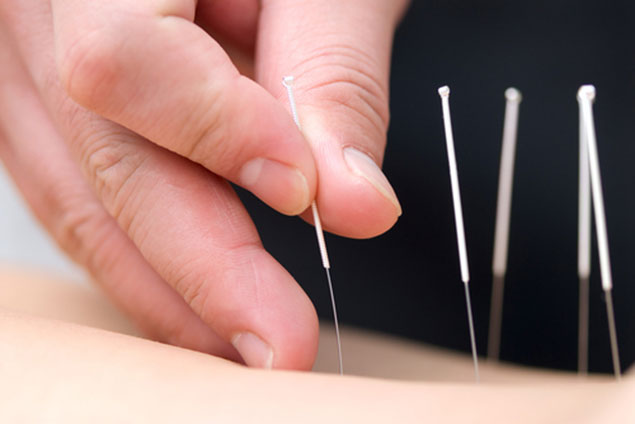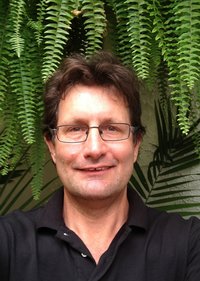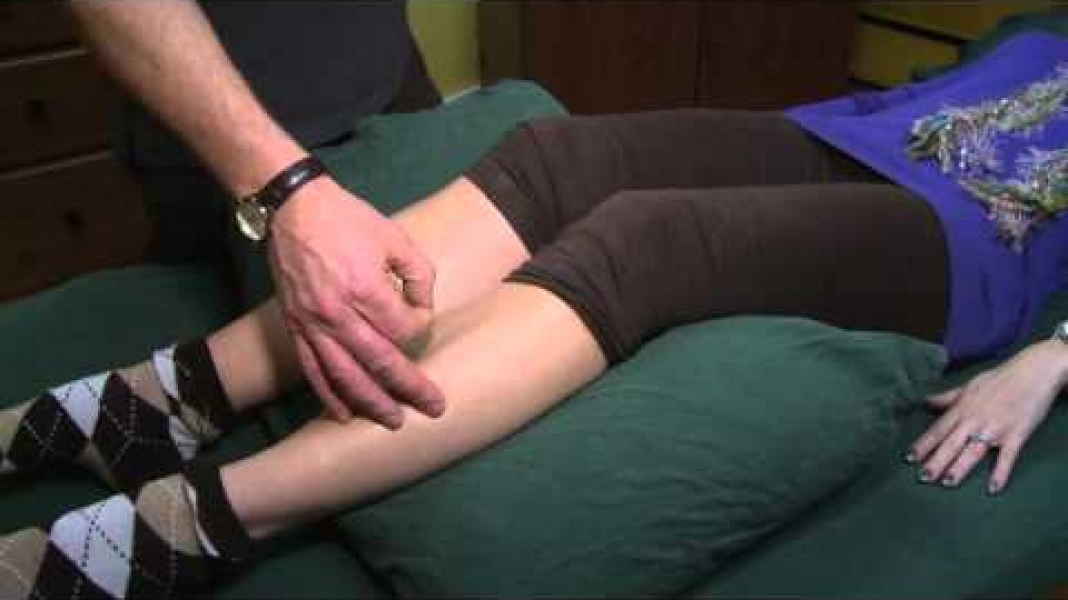
by Gord Grant PhD, RAc

For thousands of years, acupuncture has been claimed to unblock Qi (“chi”). Qi is described as a universal energy flowing through meridian pathways up and down the limbs and interconnecting the internal organs. The original concepts of Qi or Yin and Yang powerfully and poetically describe the nature and ecology of the body and mind. In modern times, even though science can quantify energy in many ways, most people would agree that the concept of human energy is elusive and difficult to measure!
My aim of this blog is to go out on limb a bit, and talk about something for which acupuncture was always most famous – improving energy! But I would like to put a scientific spin on it, to propose that this abstract idea can in fact be rationalized and supported by science.
Firstly, the most popular use of acupuncture in the west is for pain. Although this was not its main use originally in China, it has always been used to help with aches and pains, dealing with those old injuries and getting people moving again! We all know about the chronic limp that goes on longer than it needs to. Whether it is about activating endorphins in the central nervous system, releasing adenosine locally at the needling site, or creating inhibitory pain blocks at the level of the spinal cord, acupuncture facilitates a positive cycle of movement. Acupuncture therapy enables people to regain a more efficient posture and dynamic movement that itself becomes the positive and functional healing cycle.
At a completely different level, acupuncture is well known for shifting available energy due to inducing a general relaxation response in mind and body. Perhaps this forms much of the basis for everything else for which acupuncture is responsible. Research into finding out the mechanisms of acupuncture supports this idea as does the experience of people who have experienced acupuncture points used for relaxation. It shifts the body’s state from fight or flight to a more restorative mode. We see increased activation of the parasympathetic nervous system responsible for normal functioning of the organs vasculature, and decreased activation of the sympathetic system responsible for fight or flight. This could explain acupuncture’s success for improving very complex biological processes like fertility. When we are chronically and excessively stressed (metabolically, physically, or emotionally), the body shifts a lot of its resources (aka – energy) into an apparent crisis mode, including increased blood pressure and sugar, increased muscle tension, and a general hormonal and neurological vigilance to fight or flee from the proverbial enemy (even when there may be no enemy present). After acupuncture, people often feel so relaxed, and fit into their own skin for the first time in a very long time, and the effect often has lasting impact for days. Indeed, this can liberate a lot of energy!
Acupuncture helps people get a better sleep – again, this is likely due to its ability to cause a strong relaxation response. If the body is in fight or flight mode, the sympathetic nervous system is producing a lot of adrenaline, and if the stress is chronic, the longer-acting stress hormone cortisol is released…this keeps us awake, suppresses our immune system, and changes our whole metabolism toward gaining weight more easily. Insomnia can put a huge strain on a person’s life, causing fatigue and depression and a general loss of vitality, let alone making one more prone to getting sick. When your sleep is restored, the world looks differently in the morning. You have more energy!
The most important energy point of all time in Chinese medicine is Stomach 36 on the leg below the knee. The Chinese called this point “si san li” or literally, “3 extra miles”. Yes, you can walk 3 extra miles, the Chinese legend goes, when you get regular acupuncture at this point. Their thinking was that it helps you derive more energy by an improved digestion. Even when you eat the best food, if you are not properly digesting it, then you don’t get the benefit, right? It makes sense when you think about issues like food sensitivities, acid reflux, diarrhea, constipation, and irritable bowel conditions; they are often accompanied by low energy, partly because essential nutrients may not being absorbed properly. Also, many of these conditions often sensitive to stress (you know, it’s why we have a “gut feeling” about something not quite right), even if stress is not the only thing that is necessary to cause them. There is the fight or flight thing again, and an explanation for the way acupuncture may be helping indirectly. Strangely, Stomach 36 this is one of the main points researched and used in sports medicine for performance, even here at the U of A. This and a couple other leg points together can improve performance in athletes and reduce recovery time after training. Here it likely helps the leg muscles better relax, restore blood flow, lymphatic drainage, and allow things to fully heal (and thus perform better). But when you think about it from a classic acupuncture perspective – it may afford energy in other ways too!
From the perspective of the mind, acupuncture is often used to treat depression, anxiety, and emotional disturbances. Recent research has shown it be equally as effective as psychotherapy for mild depression. Chinese medicine has never differentiated between the mind and body anyhow; it sees the mind being possessed within each of the organs, since this is where we feel emotions. When is the last time you have said you “have a gut feeling”, or someone’s “heart was broken”, or someone “had the gall” (bladder) to do something, or something or someone was “a pain in the neck” or other body part?.
Acupuncture clearly impacts complex hormonal imbalances like menopause and PMS, and its effects on the very complex systems involving fertility and pregnancy (facilitating birthing, or turning breech babies), can also again be explained by a relaxation effect. Probably the most conclusive use of acupuncture is for nausea, and is often used for pregnancy-related morning sickness.
The biggest part of acupuncture seems to be variations of a relaxation effect, be it a local muscle effect, or a more generalized metabolic or relaxation concept. But not surprisingly, research clearly shows that one point does not work for everything. Science is giving some basis for these acupoint differences. Unique imbalance patterns are historically diagnosed in Chinese medicine regardless of the western disease, and they treated with different best points on arms or legs. In this system, arm points relate more to the upper body (lungs and heart), and leg points relate more to the lower body (fertility, digestion, kidney/bladder). This ancient oriental tradition is based on stimulating active points along a system of “meridians” or connective tissue continuums primarily on the legs and arms. Certainly the world is coming to see that acupuncture is more than just for pain relief!




